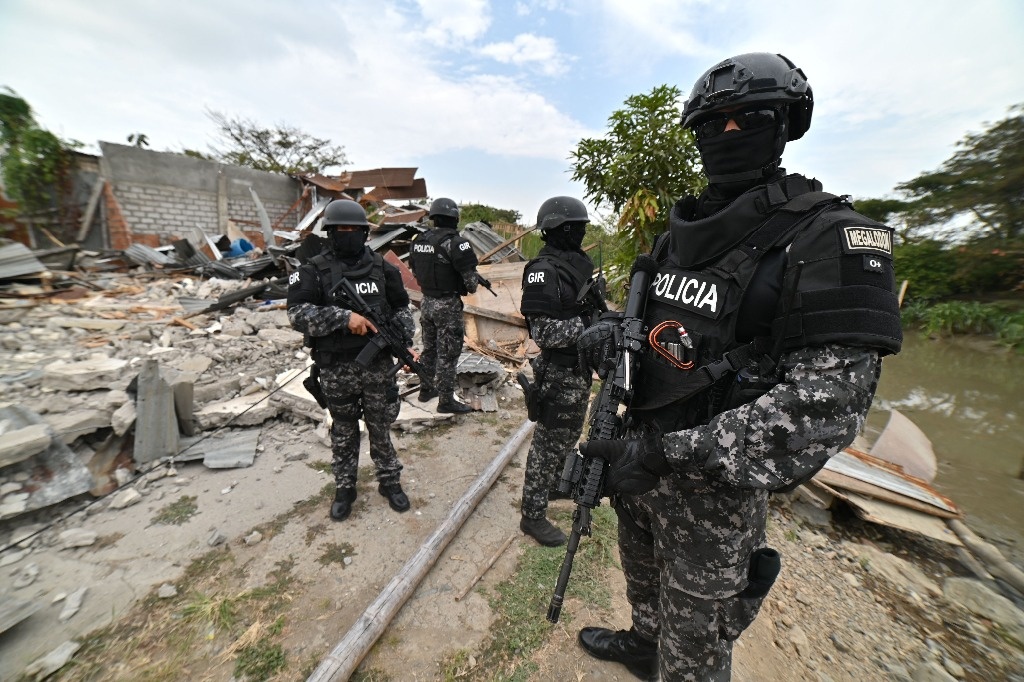Quito., While police and government authorities declare that violent murders, kidnappings and extortions have been reduced, Ecuadorian President Daniel Noboa decreed yesterday, for the fourth time since he took office, a state of emergency for 60 days.
Indeed, the figures from security agencies show a considerable increase so far this year. However, the public statements of the Minister of the Interior, Mónica Palencia, indicate the opposite, since for her there is a reduction of 18 percent and police documents indicate that from January to July the relative increase variation is 47 percent.
The state of exception – an extreme and inexplicable measure for experts – applies to six provinces and two cantons: Guayas, Los Ríos, Manabí, Orellana, Santa Elena, El Oro. In addition, Quito, in Pichincha, and Camilo Ponce Enríquez, in Azuay. In addition, it includes a night curfew in 19 cantons and one parish in Guayaquil.
Within Ecuadorian legislation, this decree must be reviewed by the Constitutional Court, which previously canceled the first two attempts at a focused state of exception. However, in the previous one yesterday, that same Court endorsed the measure, but only accepted the argument of “serious internal commotion” and rejected the cause of “internal armed conflict.”
In yesterday’s statement, Noboa is supported by a technical and another legal report, prepared by the Joint Command of the Armed Forces. According to Government Minister Félix Wong, it was decreed in October, because “historically it is the most violent month.” Furthermore, he justified the measure like this: “We are not going to allow them, in the electoral context, to want to heat up the streets, because since they can no longer do it in prisons, they want to do it in the streets.” And as of October 2, 16 presidential pairs have already registered for the elections on February 9.
The technical report highlights that the crime rate is high and that “criminal groups have formed new alliances, many criminal groups maintain their capabilities and represent a threat and the commission of certain serious crimes has increased.” Although he later clarifies: “Although there is containment, the rates of violence and crime remain high.”
The decree also indicates that there is an “increase in hostilities, crimes and intensity of the prolonged presence of organized armed groups” in Guayas, Los Ríos, Manabí, Orellana, Santa Elena, El Oro, Quito and Ponce Enríquez.
Since last January, Ecuador has been experiencing a state of “internal armed conflict” that grants several extraordinary powers to the government to combat organized crime groups, but despite this, violent deaths, kidnappings and extortions have not decreased. Even in some sectors, tension and fear are intensifying due to the territorial control exercised by drug trafficking gangs.
#Noboa #decrees #fourth #time #state #exception #Ecuador
–
